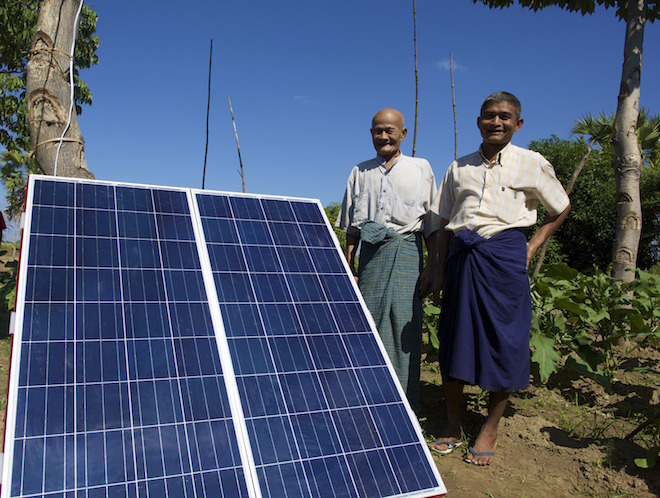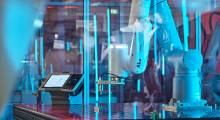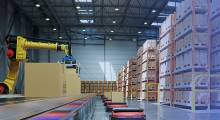Myanmar’s agricultural and other industries suffered numerous setbacks during decades of military rule. 3D printing is helping jumpstart a recovery, and making it possible for farmers there to quickly obtain specially designed tools and equipment to help improve their yields and profits.
Proximity Designs, a non-profit founded in 2004, has been designing and prototyping farming solutions that have reduced costs and labor for farmers in the region and helped expand their output. So far, the company has created new irrigation systems and solar pumps, among other tools.
Because the design team can quickly create plastic prototypes using 3D printers, they can save time and expense when it comes to creating new tools. Once the design is completed, they send it to factories in other countries to be mass produced.
The company also has a 22,000-sq.-ft. factory where a full-time staff can build and ship new products. They also contract with more than 50 other part suppliers.
Proximity recently launched the Lotus, a new solar irrigation system that provides a more affordable and sustainable alternative to diesel-based pumps. The submersible pump can fit into the 50mm-wide tube wells that are commonly used on rural farms in Myanmar. The pump can yield more than 15,000 liters of water per day. It costs just $345, including solar panels.
By having access to better irrigation systems (farmers frequently employed laborers to haul buckets of water into the field), farms have seen their yields increase while reducing labor and costs. According to Proximity, farmers using their solutions are making an average of $200 more per season, a roughly 30% increase.
The solutions Proximity creates are also custom designed for the needs of farms in Myanmar, which have requirements and physical features unique to the region.
“We want to create something that farmers find delight in,” said product designer Taiei Harimoto.
Source: Phys.Org
About the Author
Follow Robotics 24/7 on Linkedin
Article topics
Email Sign Up
















